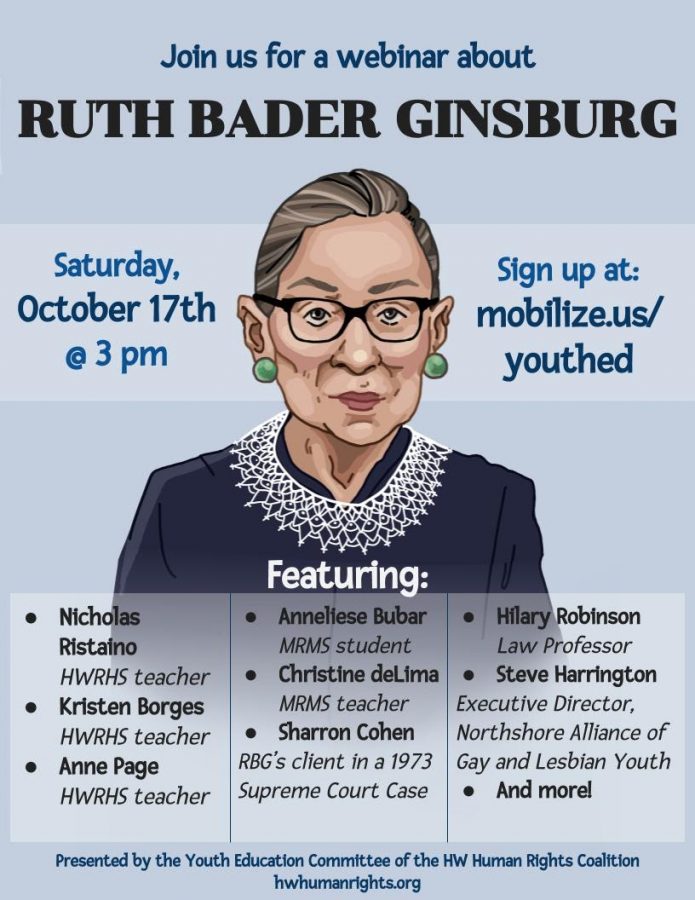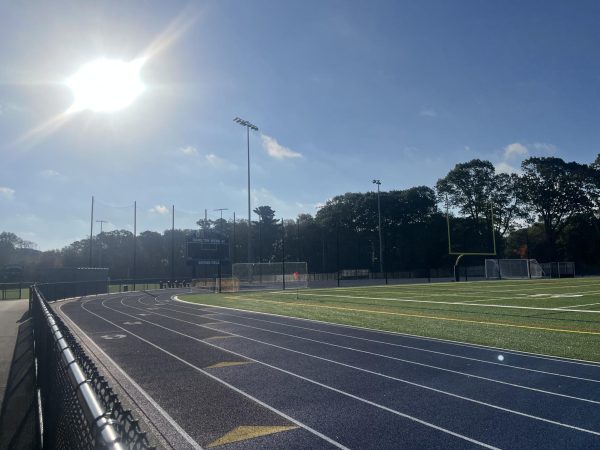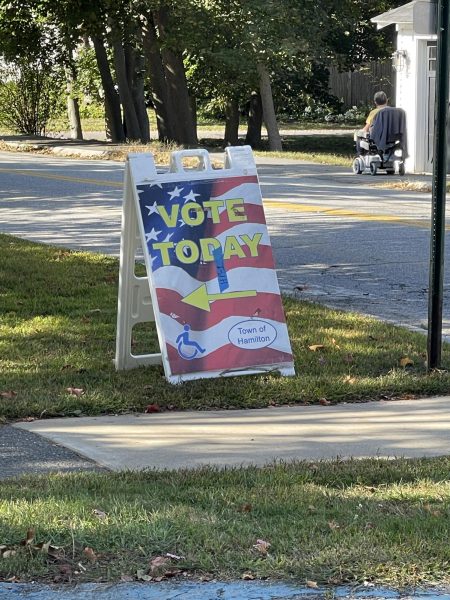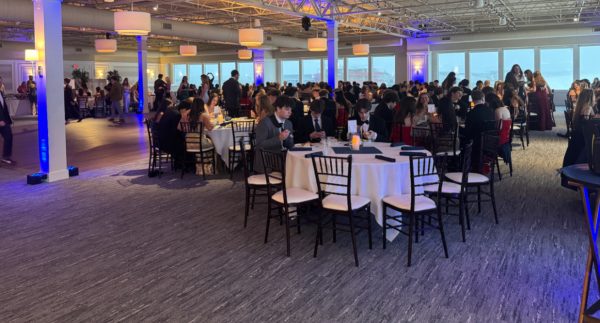HW Human Rights Coalition’s Tribute to Ruth Bader Ginsburg
The Hamilton-Wenham Human Rights Coalition’s Youth Education Committee hosted a webinar on Ruth Bader Ginsburg’s life and legacy on October 17th, 2020 at 3:00 p.m.
Hamilton-Wenham teachers Ms.Borges and Ms.Page began the presentation with an overview of Ruth Bader Ginsburg’s life; they highlighted several of Ginsberg’s milestones/achievements against the backdrop of a restrictive, patriarchal society. Ginsburg, who was one of nine women in her class at Harvard Law School, served on the U.S Court of Appeals for the District of Columbia for thirteen years and later went on to become the second female and first Jewish woman to serve on the United States Supreme Court.
Steve Harrington, Executive Director of the Northshore Alliance of Gay and Lesbian Youth, then spoke about Ginsburg’s impact on the LGBT Community. Ginsburg was a staunch advocate for the LGBT Community, joining the majority in all Supreme Court cases that ruled in favor of LGBT equality. Ginsburg became the first Supreme Court justice to conduct a same-sex marriage.
Hamilton Wenham history teacher Mr.Ristaino then had the opportunity to interview former Air Force Officer Sharron Cohen, who was a client of Ginsburg’s. The Air Force had denied Cohen a housing allowance on the basis of a dependents’ benefit law which discriminated against female service members; it argued that women didn’t need the allowance since men were typically the breadwinners of families. Ginsburg wrote the amicus brief for her case and argued before the Supreme Court that Cohen was the recipient of gender discrimination. Cohen won the case in an 8-1 decision.
MRMS student Annaliese Bubar then interviewed MRMS teacher Ms.de Lima on how Ginsburg has personally impacted her as a woman. Ms. de Lima explained, “So many things that she has worked towards, I’ve reaped the benefits from today. She made… sure that a woman could apply for a mortgage or a credit card without having to have a male co-sign. She has made strides for equal pay in the workplace… she has ensured that women are able to serve on juries. All of these things are part of my life that I am so grateful to have.”
Northeastern University Professor of Law and Vice President of the Northshore NAACP Hilary Robinson was the last to speak during the webinar. Robinson provided participants with an overview of Article III of the Constitution, which establishes that Supreme Court justices have life tenure on the court; the purpose of this is to ensure that justices are shielded from political pressures and can make nonpartisan decisions. Although President Bill Clinton nominated Ginsburg to the Supreme Court with the belief that she would be a moderate judge, Ginsburg was not bound by any ideology and became a predominantly left-leaning justice.
The webinar ended with panelists answering participants’ questions. Students who want to learn more about Ginsburg should contact the History Department. Students interested in joining the HW Human Rights Committee should go to hwhumanrights.org.
Emma Sullivan is a senior at Hamilton-Wenham Regional High School. She is the founder of Teen Beat, a monthly editorial column that covers local and...







